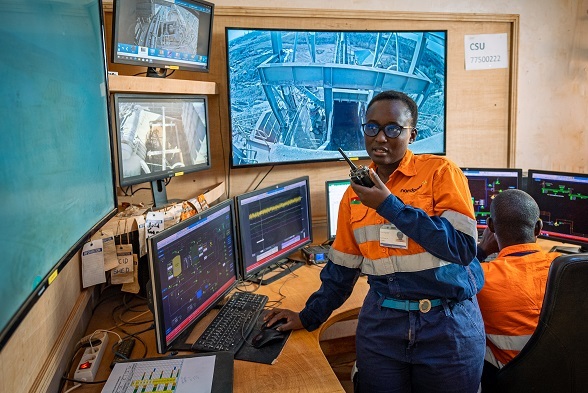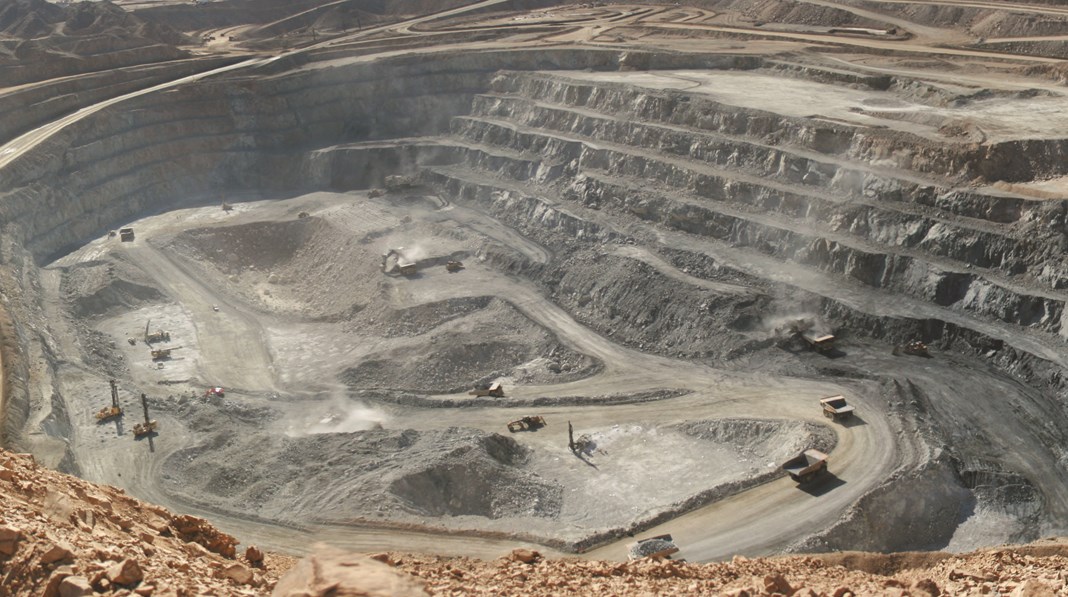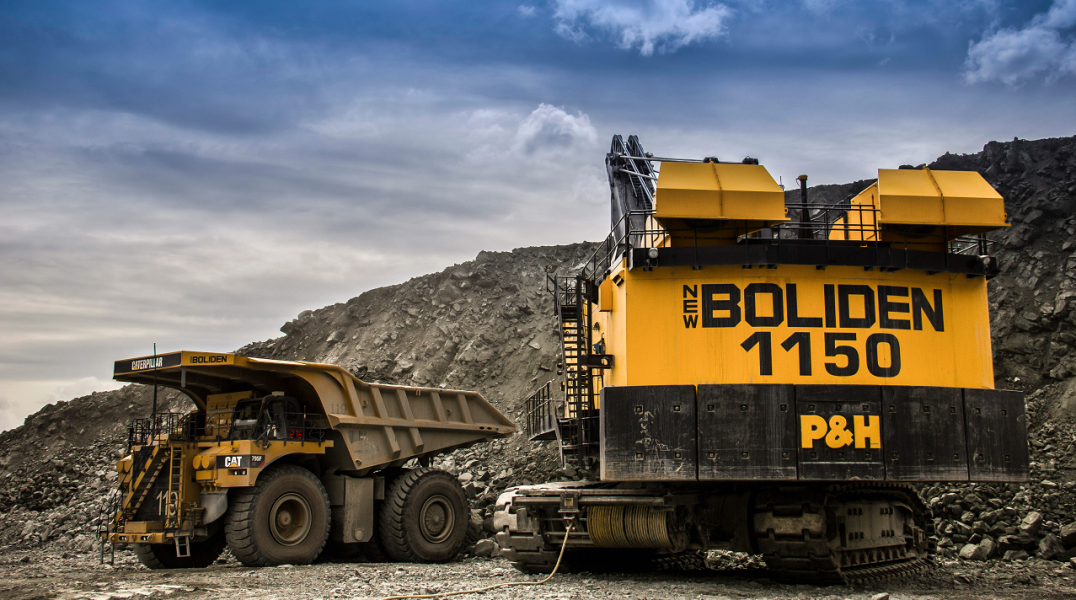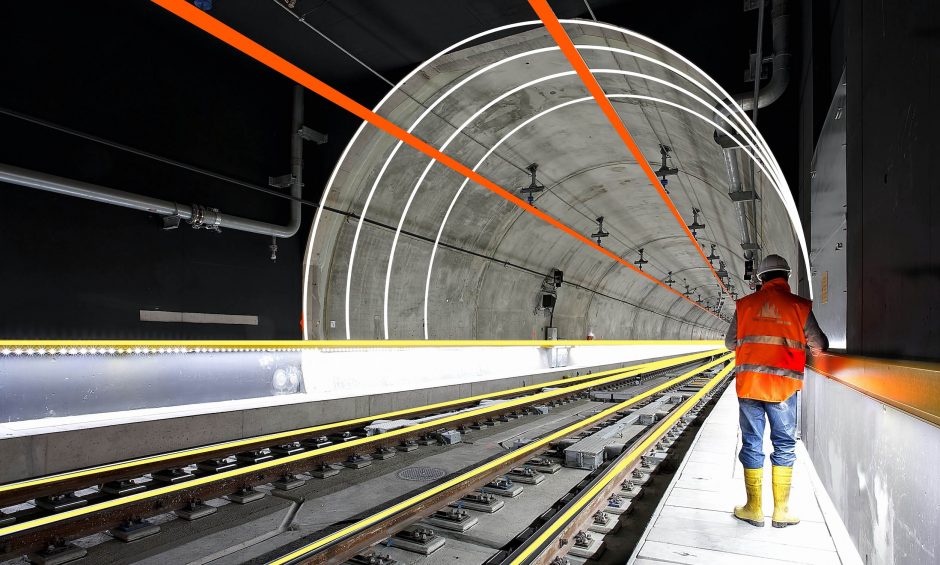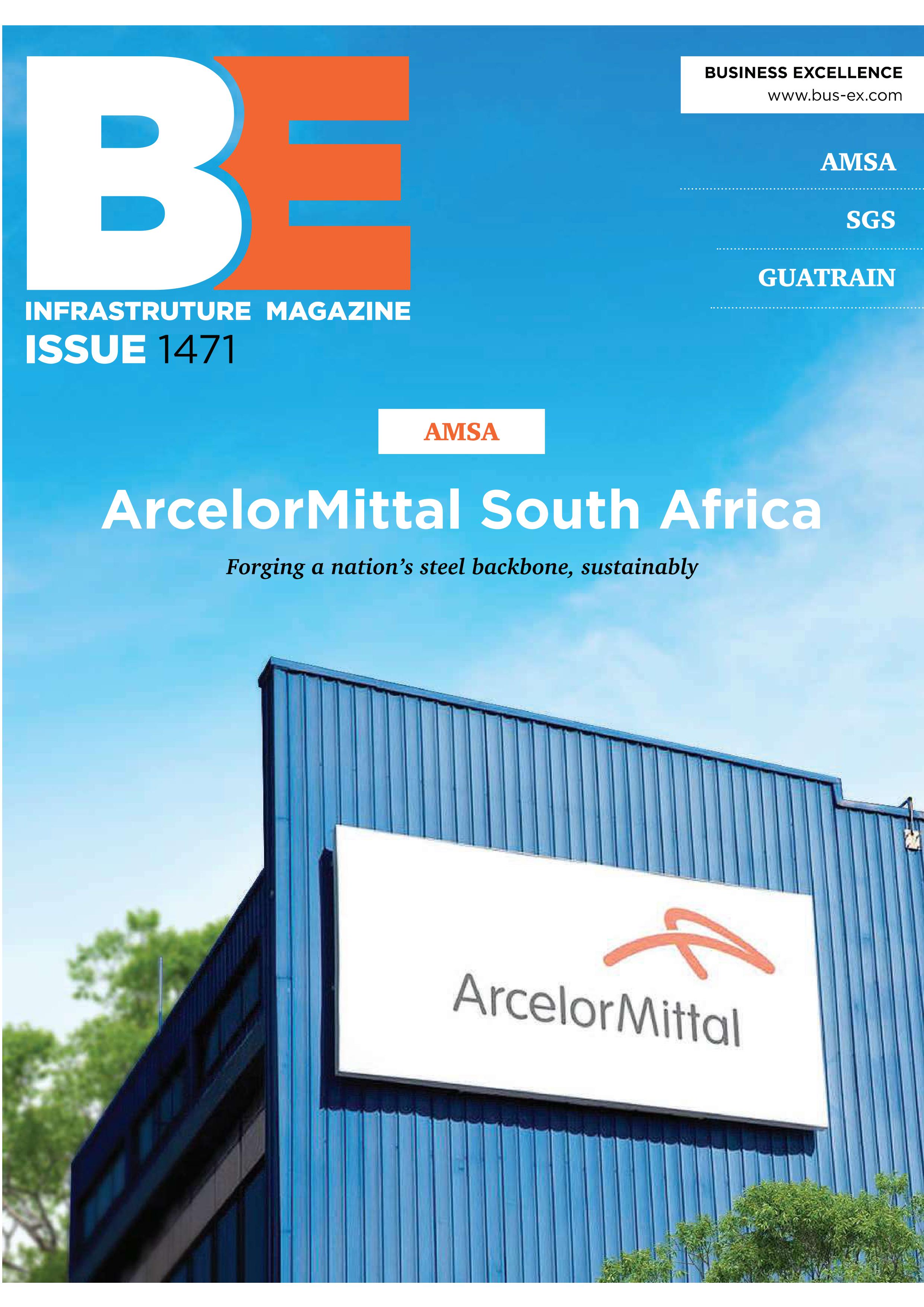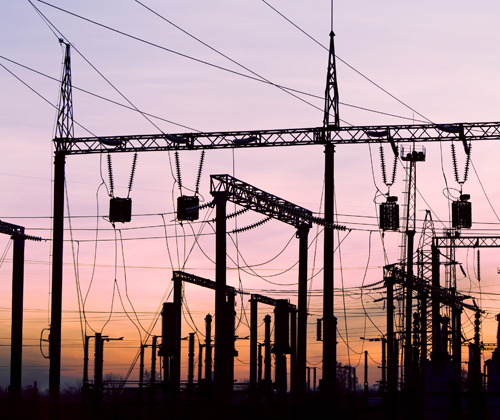
Over the last two decades the West African country of Ghana has successfully evolved into a stable and mature democracy. Hand-in-hand with this development has been the emergence of its blossoming economy, one that continues to grow ahead of the average for the African region, with GDP growth registered at 15 percent in 2011 and 7.9 percent in 2012.
Analysts now predict that the Ghanaian economy will have expanded rapidly once again during the second half of 2013, growth that is bench marked on the continued expansion of the country’s service sector, higher oil production and improved energy supply.
Hydrocol was established to facilitate investment in large scale water utilities and infrastructure projects in Ghana, areas of massive importance for a country that was quickly finding itself becoming a centre for national and international business activity. Headquartered in Ghana’s capital city of Accra, Hydrocol has built itself on the back of its ability to leverage international partners with the financial, technical and operational capacity that ensures that the solutions it provides are tailored specifically to local requirements.
Hydrocol understands local business and realises that in order to implement a project successfully it is fundamental that all parties are familiar with the unique peculiarities of doing business in Ghana and that they are blessed with the flexibility and adaptability required to prosper in this market. By possessing such a high degree of local knowledge, the company has been able to bring together the type of public-private partnerships that have seen Ghana continue to make massive strides in infrastructure development.
The primary operations of the company can be found in the activities of the two areas of its business, those being Hydrocol Infrastructure and Hydrocol Energy. The former is a pioneer when it comes to large scale projects that have the ability to greatly enhance the lives of the communities in which they are established.
Water projects represent several of these life enhancing projects. One, the Befesa Seawater Desalination Plant in Nungua, is a perfect example of Hydrocol’s efforts to support the development of local communities within Ghana. The company was granted the 25 year concession to build, own, operate and transfer this project by Ghana Water Company Ltd (GWCL), and it is executing it in partnership with Abengoa Water and Sojitz Corporation of Japan. Once complete the plant will supply approximately 60,000 cubic metres of potable water per day to GWCL for onward distribution to Teshie-Nungua and surrounding areas of Accra in the Greater Accra Region of Ghana.
A similar project, the Western Region Seawater Desalination Plant, is also currently under development in city of Takoradi. This reverse osmosis treatment plant will again supply potable water to GWCL, this time to the tune of 100,000 cubic metres per day, a figure that will almost double GWCL’s current production capacity supplying the twin cities of Sekondi and Takoradi, and the surrounding areas.
Hydrocol Infrastructure’s expertise also extends to power distribution. An example of its efforts in this field can also currently be found in the Western Region of the country where it is partnering with engineering and construction company Abeinsa on the construction of a 400MW combined cycle power generation plant. Working in collaboration with the Volta River Authority, the two companies are helping to address some of Ghana’s power generation challenges by creating a facility that, when complete, will help to fill a critical supply gap in Ghana’s power infrastructure.
Hydrocol Energy, on the other hand, was established as a result of the Ghanaian government’s expressed commitment to promote indigenous companies in the country’s relatively new oil and gas sector, and ensure effective capacity building which will facilitate a more competitive sector. Hydrocol Energy specialises in offering bespoke consulting and advisory services for the oil and gas sector, with one of its biggest strengths being its ability to leverage on the strong relationships it has developed, particularly the relationships it has with key institutional figures that are proactive and instrumental in decision making in the country.
Across both Hydrocol Infrastructure and Hydrocol Energy the company maintains a key supply chain on all projects under development. This includes a core base of local suppliers, who help bring local knowledge directly to the projects, as well as a collective of international suppliers and contractors who are capable of bringing industry leading expertise into a still evolving region.
Hydrocol recognises that infrastructure is capital intensive. By selecting the right partners to participate in the right projects the company has become a leading figure when it comes to creating collaboration at the cutting edge of public-private development in the utilities and energy sectors. This has provided Hydrocol with an invaluable foundation from which it can move ahead with its plans to continue to improve the landscape of Ghana in the years ahead.
Written by Will Daynes, research by David Brogan



 Hydrocol-Africa-Energy-Jan14-Bro-s.pdf
Hydrocol-Africa-Energy-Jan14-Bro-s.pdf